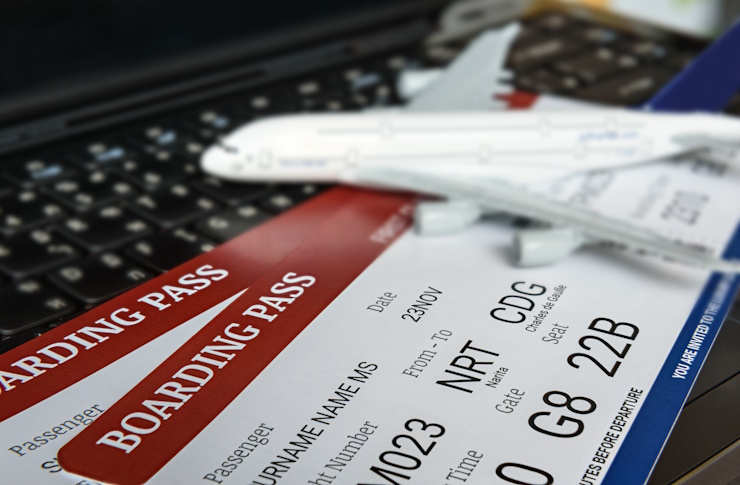Moving Services Comparison: Understanding Service Types and Specialties
Not all moves are the same—and neither are the services offered by professional moving companies. This article outlines the differences between local, long-distance, and specialty moving services to help you identify which option fits your needs and timeline best.
What are the key differences between local and long-distance movers?
Local and long-distance movers operate under different parameters, each tailored to the specific challenges of their respective domains. Local movers typically handle relocations within a 50-100 mile radius, often completing moves in a single day. These companies are well-versed in navigating city streets, dealing with parking restrictions, and managing time-sensitive moves efficiently.
Long-distance movers, on the other hand, specialize in transporting belongings across state lines or even coast-to-coast. These companies are equipped to handle the complexities of extended journeys, including proper packing for prolonged transit, coordinating delivery schedules, and navigating interstate regulations. Long-distance movers often provide additional services such as temporary storage solutions and more comprehensive insurance options to address the increased risks associated with longer travels[1].
What can customers expect from full-service moving companies?
Full-service moving companies offer a comprehensive suite of services designed to handle every aspect of the relocation process. When engaging a full-service mover, customers can expect:
-
Professional packing: Trained staff will carefully pack all belongings using appropriate materials and techniques.
-
Furniture disassembly and reassembly: Large items are taken apart for safe transport and reassembled at the destination.
-
Loading and unloading: Movers handle all the heavy lifting, ensuring items are safely placed in the truck and unloaded at the new location.
-
Transportation: The company provides and operates the moving vehicle.
-
Unpacking services: Upon arrival, movers can unpack your belongings and place them in designated areas.
-
Debris removal: Packing materials and boxes are removed after the move is complete.
Full-service moves are ideal for those with busy schedules, individuals with physical limitations, or anyone seeking a stress-free relocation experience. However, it’s important to note that these comprehensive services often come at a premium compared to more basic moving options[2].
What specialty services are available for fragile or valuable items?
Moving companies recognize that certain items require extra care and attention during the relocation process. Many providers offer specialized services for handling fragile or high-value possessions:
-
Custom crating: For exceptionally delicate or valuable items, movers can construct custom wooden crates to ensure maximum protection during transit.
-
Fine art handling: Trained professionals use specialized techniques and materials to pack, transport, and install artwork safely.
-
Antique moving: Extra precautions are taken when handling antique furniture, including the use of padded blankets and custom-built supports.
-
Piano moving: Specialized equipment and techniques are employed to move pianos without causing damage to the instrument or property.
-
Electronics handling: Proper packing and climate-controlled transportation for sensitive electronic equipment.
-
Secure transport for valuables: Some movers offer high-security vehicles and procedures for transporting extremely valuable items or collections.
These specialty services often involve additional costs but provide peace of mind for those with irreplaceable or high-value possessions[3].
How do moving companies typically structure their pricing?
Moving companies generally base their pricing on several factors, including distance, volume of belongings, and additional services required. Here’s a breakdown of common pricing structures:
| Service Type | Typical Pricing Factors | Additional Considerations |
|---|---|---|
| Local Moves | Hourly rate + Travel fee | Minimum hour requirement |
| Long-Distance Moves | Weight of shipment + Mileage | Fuel surcharges, tolls |
| Full-Service Moves | Labor + Materials + Transport | Packing services, insurance |
| Specialty Item Handling | Per item or hourly rate | Expertise required, equipment needed |
Prices, rates, or cost estimates mentioned in this article are based on the latest available information but may change over time. Independent research is advised before making financial decisions.
It’s important to note that prices can vary significantly based on location, season, and demand. Many companies offer free in-home estimates to provide accurate pricing for your specific move[4].
What factors should be considered when choosing a moving service?
Selecting the right moving service involves weighing several factors:
-
Distance of the move: Local vs. long-distance specialists
-
Volume and type of items: Full-service vs. partial packing needs
-
Budget constraints: DIY options vs. professional services
-
Time frame: Flexible dates vs. strict deadlines
-
Special requirements: Presence of valuable or fragile items
-
Company reputation: Reviews, ratings, and certifications
-
Insurance options: Basic coverage vs. full-value protection
By carefully considering these factors, you can choose a moving service that aligns with your specific needs and circumstances, ensuring a smoother relocation experience[5].
In conclusion, understanding the various types of moving services and their specialties empowers consumers to make informed decisions when planning their relocation. Whether opting for a local mover for a cross-town shift or engaging a full-service company for a coast-to-coast move, knowing what to expect and which questions to ask can lead to a more satisfactory moving experience.





